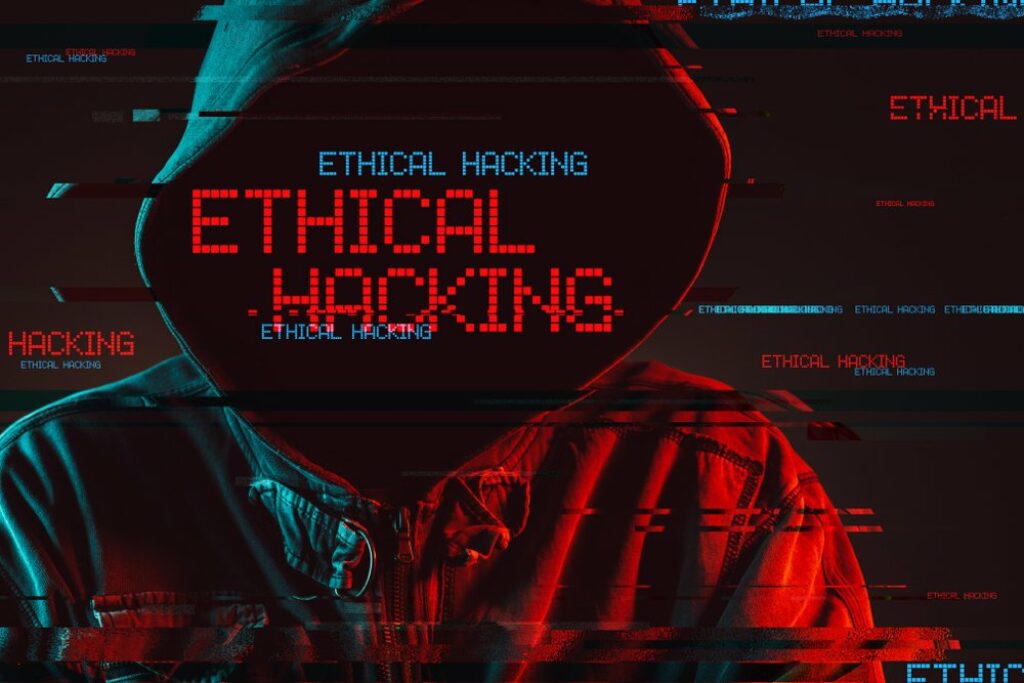
Ethical Hacking
In the past and even currently, the FBI and other organizations have hired reformed thieves to learn how to catch active thieves, embezzlers, con artists and other similar types of criminals. In recent times, companies are turning to skilled computer personnel to be ethical hackers.
Related Topics (Sponsored Ads):
In today’s interconnected and computer-driven world, the need for cybersecurity has become increasingly critical. With the rising threat of cyber attacks and data breaches, organizations are turning to ethical hackers to protect their systems and sensitive information. Ethical hacking, also known as penetration testing or white-hat hacking, involves the authorized and systematic attempt to infiltrate a computer system, network, or application to uncover vulnerabilities that could be exploited by malicious hackers. This article provides an overview of ethical hacking, including the qualifications required to become an ethical hacker, the nature of their work, the entities that hire them, the advantages and disadvantages of ethical hacking, and the suitability of this career path.

Qualifications to Become an Ethical Hacker
Becoming an ethical hacker requires a unique blend of technical skills, ethical understanding, and a deep knowledge of cybersecurity principles. While a formal education in computer science, cybersecurity, or information technology can provide a solid foundation, many ethical hackers also pursue industry-recognized certifications such as Certified Ethical Hacker (CEH), Certified Information Systems Security Professional (CISSP), or Offensive Security Certified Professional (OSCP). These certifications validate expertise in various domains of cybersecurity, including ethical hacking, network security, and penetration testing. Additionally, ethical hackers need to stay updated with the latest security trends, emerging threats, and evolving technologies to effectively safeguard digital assets.
The Nature of the Job
Ethical hackers perform a range of activities to identify and address vulnerabilities in systems and networks. This includes conducting penetration testing to simulate real-world cyber attacks, identifying security weaknesses, and providing recommendations for remediation. Ethical hacking also involves analyzing and reverse-engineering malware, conducting social engineering tests to assess human vulnerabilities, and implementing secure coding practices. Furthermore, ethical hackers often collaborate with cybersecurity teams to develop and implement robust security measures, such as intrusion detection systems, firewalls, and encryption protocols.
Employers
Various organizations and entities hire ethical hackers to secure their digital infrastructure and data. This includes government agencies, financial institutions, healthcare organizations, educational institutions, and private corporations. Ethical hackers may be employed as part of an internal cybersecurity team or engaged as external consultants by cybersecurity firms. Additionally, ethical hackers play a crucial role in ensuring compliance with industry-specific regulations and standards, such as the Health Insurance Portability and Accountability Act (HIPAA) in the healthcare sector and the Payment Card Industry Data Security Standard (PCI DSS) in the financial services industry.
Advantages
Ethical hacking offers several advantages in safeguarding digital assets and protecting against cyber threats. By proactively identifying vulnerabilities and security weaknesses, ethical hackers help organizations prevent potential data breaches and financial losses. Ethical hacking also enables organizations to assess their security posture, comply with regulatory requirements, and build trust with customers and partners. Furthermore, ethical hacking contributes to the overall improvement of cybersecurity practices and fosters a culture of continuous security awareness within organizations.
Disadvantages
Despite its benefits, ethical hacking also presents certain disadvantages and ethical considerations. Ethical hackers must adhere to strict ethical guidelines and legal boundaries to ensure that their activities do not disrupt or harm the systems they are testing. Moreover, ethical hacking may involve the exposure of sensitive data and vulnerabilities, which requires ethical hackers to handle and communicate such information with utmost discretion and responsibility. Additionally, the potential for conflicts of interest and ethical dilemmas may arise when ethical hackers discover vulnerabilities that could impact their clients’ reputation and business operations.
Suitability
This is a suitable career path for individuals who possess a strong technical aptitude, a passion for cybersecurity, and a commitment to ethical conduct. As the demand for cybersecurity professionals continues to rise, ethical hacking offers promising career prospects with competitive salaries and opportunities for professional growth. Ethical hackers should also demonstrate strong problem-solving skills, attention to detail, and the ability to think like a cyber attacker to anticipate and mitigate potential threats. Moreover, ethical hackers should continuously enhance their skills and stay informed about the latest security technologies and threat landscapes to remain effective in their roles.
In Conclusion
Ethical hacking plays a vital role in fortifying the defenses of organizations against cyber threats and ensuring the confidentiality, integrity, and availability of digital assets. As organizations increasingly rely on digital systems and networks, the need for ethical hackers to identify and address security vulnerabilities becomes more critical.
While ethical hacking offers numerous advantages in terms of protecting organizational assets and preventing cyber threats, it also comes with potential drawbacks and legal considerations. Individuals considering a career in ethical hacking should be prepared to continually update their skills and knowledge to stay ahead of emerging cyber threats and security vulnerabilities. With the right qualifications and a commitment to ethical practices, ethical hackers can make a significant impact in strengthening the digital immune system of organizations and contributing to a safer and more secure online environment.




